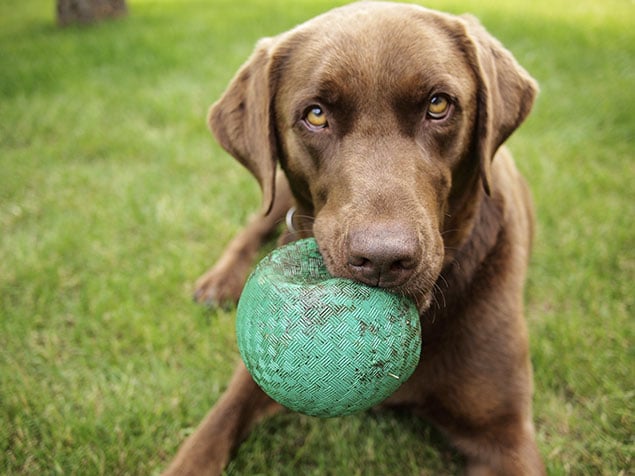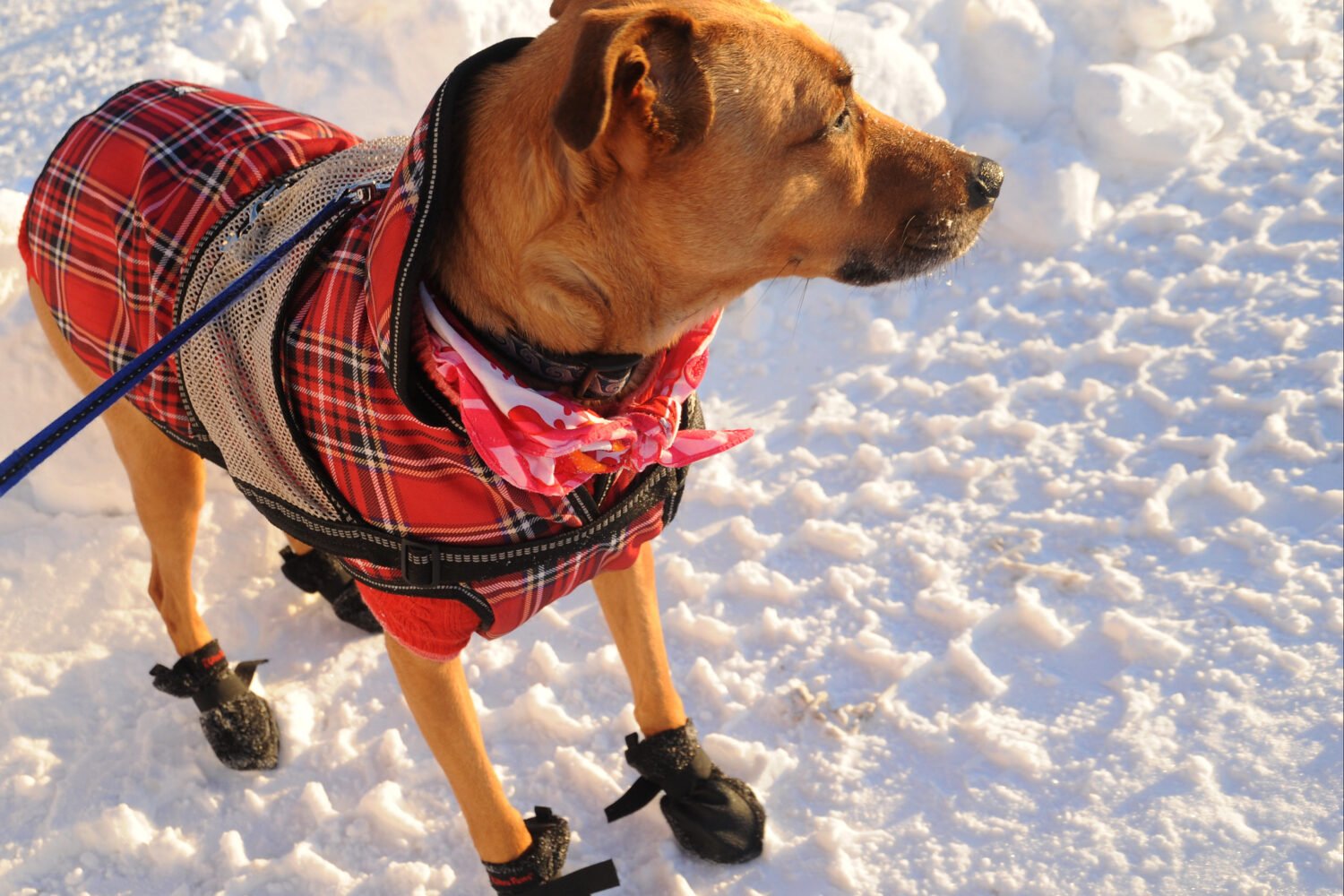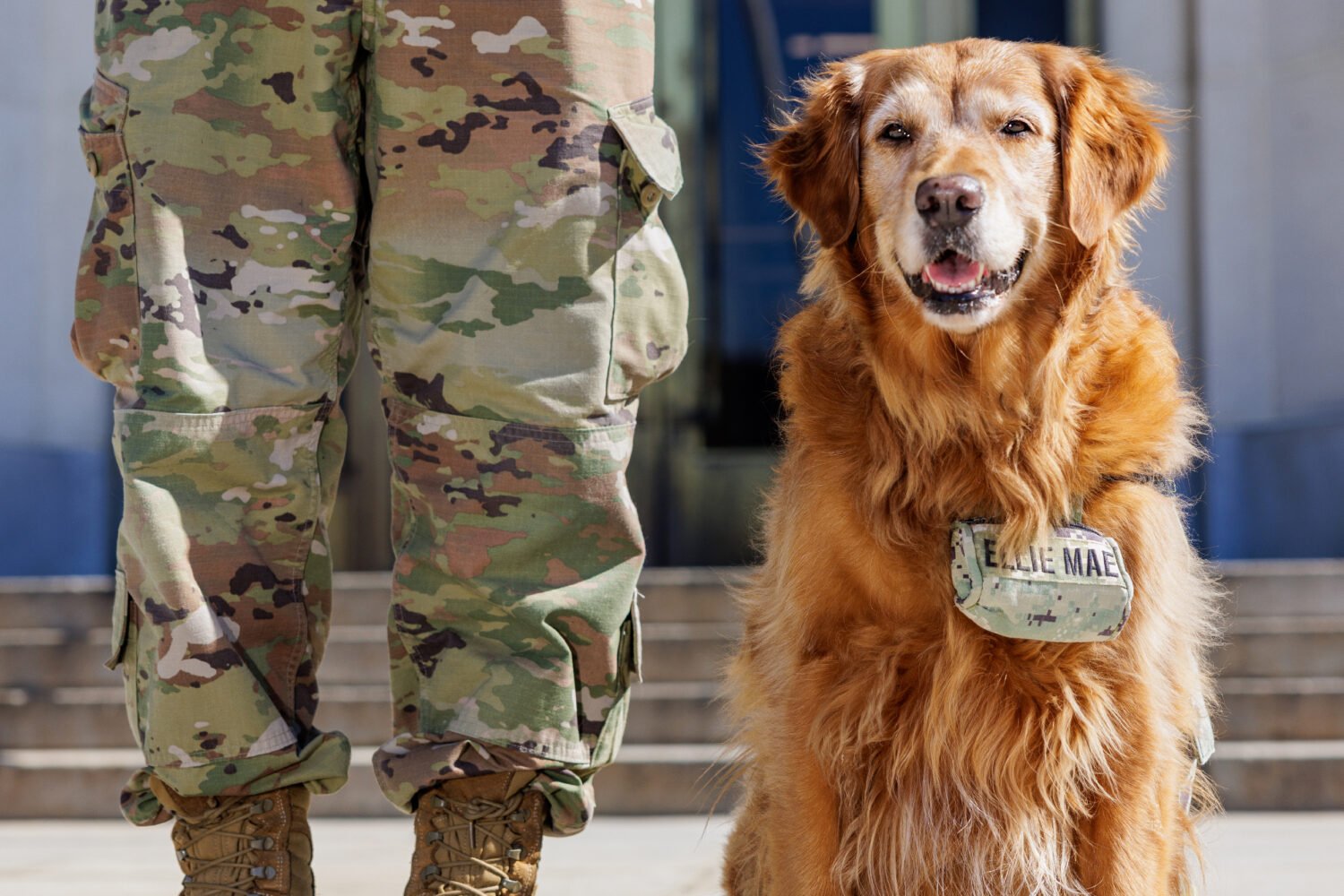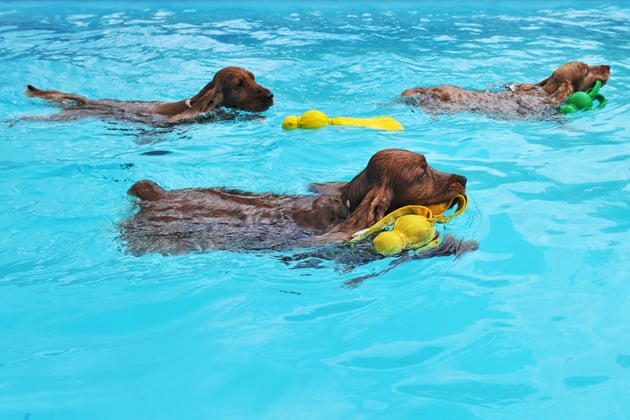This post has been updated.
Canine influenza is on the rise in the area. The Montgomery County Animals Service and Adoption Center recently released a warning to all dog owners that multiple cases have been reported already this year—it recommends that they avoid pet grooming services, dog parks, and other places where pups might come into contact with one another.
Maria Anselmo, community relations manager for the adoption center, says that county veterinary hospitals have confirmed 57 cases of canine flu between December 30 and January 5. That is likely an undercount because many owners opt out of testing and move forward treatment without reporting the case. Vets in Herndon and Baltimore are also seeing cases.
View this post on Instagram
In DC, Dr. Christine Klippen, a veterinarian at Friendship Hospital for Animals, tells Washingtonian she has seen cases for weeks—and even some deaths from complications. She says one of the most important thing dog owners can do is keep flu-stricken pets at home for two or three weeks after they have recovered, as they are still able to transmit the virus. Klippen suspects that many of the dogs who were taken to kennels over Thanksgiving and got sick were still contagious when they returned for Christmas, causing the current uptick in cases.
There are many different strains of canine influenza, but at its core it is a respiratory illness that, according to the CDC, causes coughing, a runny nose, fever, lethargy, eye discharge, and reduced appetite in dogs. Recovery can take between two and three weeks, though some dogs develop more serious infections that can be life-threatening.
There is a widely available vaccine, but if your pet isn’t inoculated the best prevention strategy is to limit your pup’s exposure to other dogs. Kennels and shelters can be particularly infectious (the virus is spread through respiratory droplets).
If your dog does start exhibiting symptoms, call your vet to determine whether an appointment is necessary. Make sure your pet stays hydrated. In the event that the virus develops into an infection, the vet will prescribe antibiotics to treat it.



















